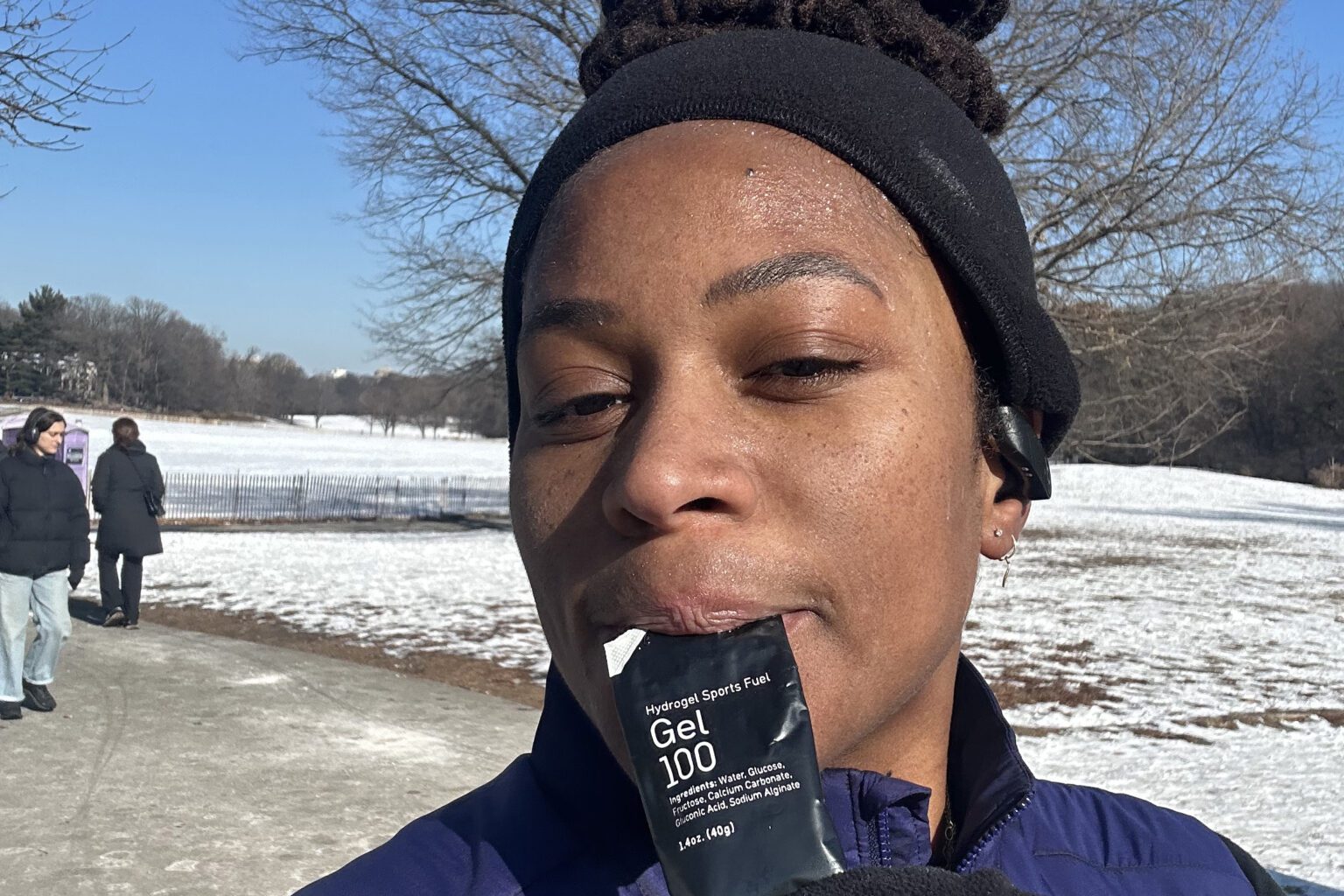Understanding the Importance of Nutrition in Marathon Training
Victoria Fortune, a member of the NYRR Contributors Circle, is gearing up to run the Tokyo Marathon on March 2, sharing insights from her training journey.
Nutrition plays a critical role in improving performance for marathon runners. The correlation between proper nutrition and race day success is undeniable, as Victoria Fortune discovered during her training for the upcoming Tokyo Marathon. Despite completing three previous marathons, she experienced significant challenges, including fatigue, muscle cramping, and insufficient recovery due to inadequate nutrition.
Transforming Through Nutrition
After her fourth marathon, the TCS New York City Marathon, Victoria took the plunge and sought advice from a nutritionist, Farah Khan, MS, RD, CDN. This decision marked a turning point in her training regime, emphasizing that fueling correctly not only enhances performance but is also vital for recovery and overall health. Victoria noted that many runners, including herself, often overlook nutrition, which can lead to detrimental effects on training.
During her conversation with Farah, Victoria learned several key aspects of marathon nutrition that can help runners avoid common pitfalls. Runners should focus on fueling both pre-race and throughout their training. For those preparing for lengthy runs, Farah recommended consuming easily digestible carbohydrates before and during workouts, while also prioritizing protein intake for post-run recovery. This multifaceted approach is essential for maintaining energy levels and supporting muscle recovery.
Hydration and Its Impact
Hydration is another significant factor in a marathon runner’s training regimen. Victoria inquired about daily water intake, and Farah explained that personal factors must be considered, such as body size, sweat rate, and environmental conditions. Runners should aim to consume appropriate amounts of fluids during training runs, especially on hotter days. Replenishing electrolytes is equally important, as excessive water intake without sodium can lead to hyponatremia, a serious health risk.
Moreover, the importance of post-workout nutrition cannot be stressed enough. Victoria learned that refueling soon after exercising is crucial for recovery, as it allows the body to replenish glycogen stores effectively. This proactive approach has not only improved her training but also allowed her to feel more energized throughout the day.
Common Nutrition Mistakes and Solutions
One common issue that runs through marathon training is the occurrence of fatigue or digestive discomfort on race day. Under-fueling, insufficient hydration, and even lack of sleep can contribute to these problems. Victoria and Farah stressed the need for careful planning and adherence to a nutrition strategy that works for each individual. The practice of carb-loading three days prior to a marathon, along with a balanced pre-race meal, can optimize performance and prevent stomach issues on race day.
Runners are encouraged to maintain their nutrition protocols throughout their training to avoid the surprise of gastrointestinal distress during the race. Farah suggests “training the gut” – testing different fueling options during training to determine which works best for the individual will ultimately enhance racing performance.
The Road Ahead: Preparing for Success
As Victoria approaches the Tokyo Marathon, she expresses gratitude for the newfound knowledge she’s gained from her work with Farah. Improved nutritional habits have made her more confident as a runner, ultimately leading to more effective training and a better overall experience.
For runners struggling with nutrition, Victoria recommends reaching out to a nutritionist who can provide tailored advice. The difference that proper nutritional planning can make is significant, not only for training but also for enhancing mental confidence on race day.
To learn more about tailored nutrition plans, visit Farah’s website. Proper nutrition and hydration can undoubtedly transform your marathon experience, enabling every runner to perform at their best.
The information presented in this article is intended for educational purposes only and should not be taken as medical advice. Always consult with a healthcare professional for personalized recommendations.
